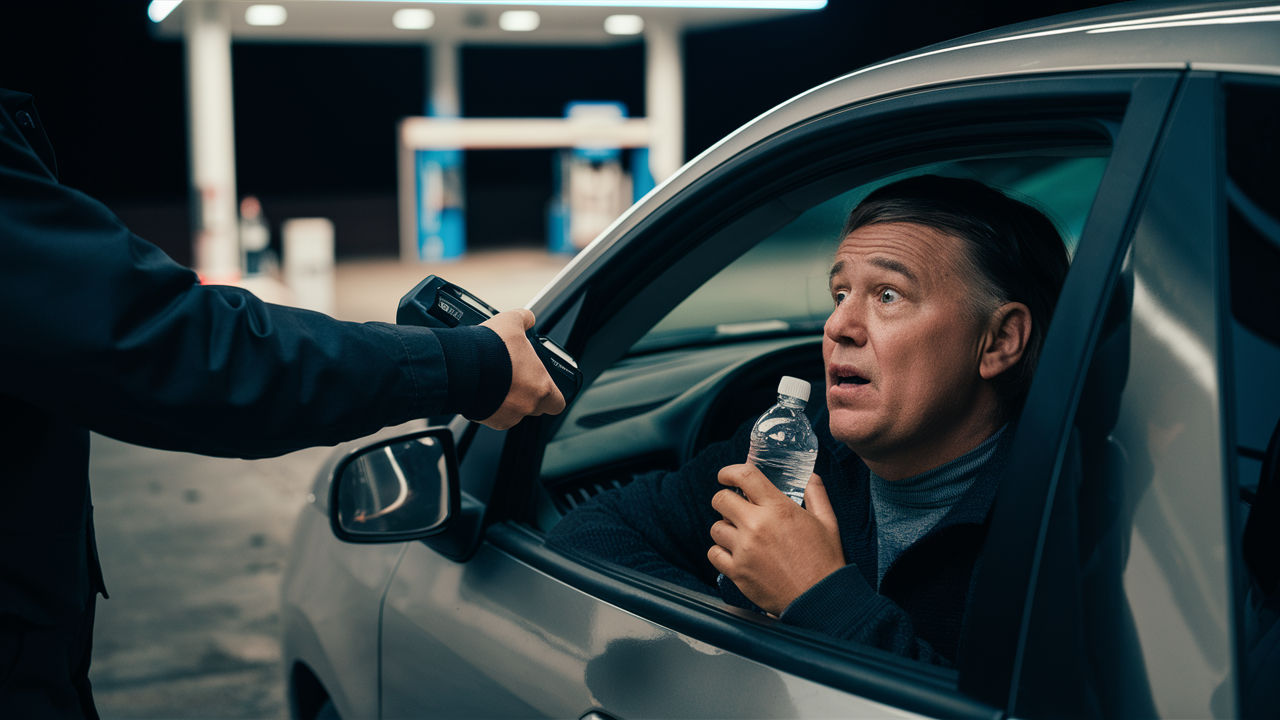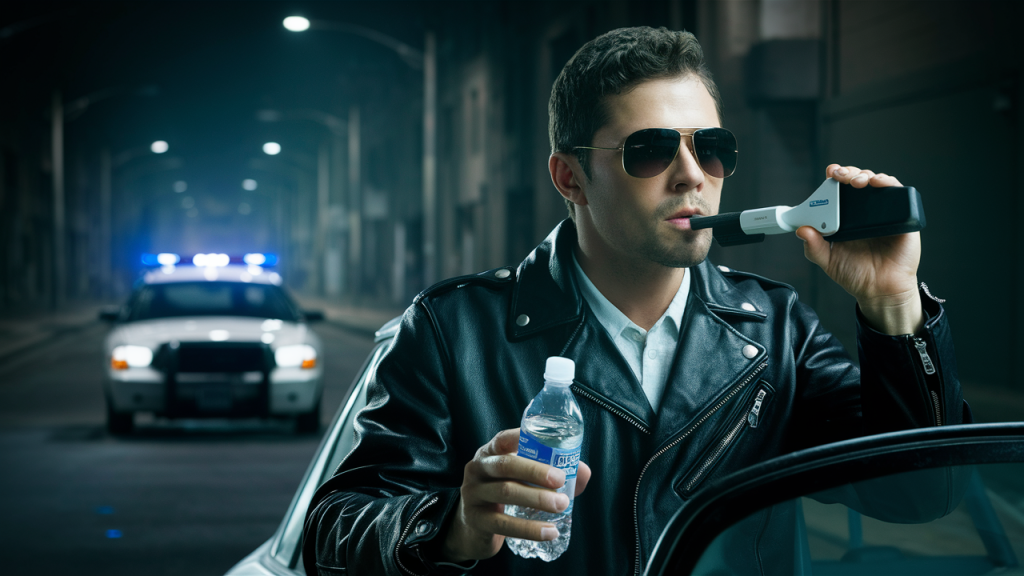DUI at Four Times the Legal Limit — Without a Drop of Booze
Belgian brewery worker reveals the hidden dangers of a rare condition that turns carbs into alcohol inside the body.

How many beers does it take to get a driver legally drunk? In Belgium, none, if the driver has auto-brewery syndrome (ABS).
This rare and bizarre condition was recently highlighted in a case. A brewery worker in Belgium, who chose to remain anonymous, was stopped by police on suspicion of DUI. The breathalyzer test revealed a blood alcohol level over four times the legal limit. Shockingly, he hadn't touched a single drink.
Key takeaways:
- ABS can cause severe intoxication without drinking, as seen in a Belgian brewery worker's DUI case.
- ABS results from gut fungi converting carbs into ethanol, causing symptoms like lack of coordination.
- The rare condition complicates DUI cases, highlighting the need for medical evaluation.
Understanding Auto-Brewery Syndrome
ABS occurs when someone ingests carbohydrates, and fungi in their gastrointestinal tract convert it into ethanol. Picture this: your body playing bartender, crafting booze from your lunch. This results in all the typical signs of drunkenness—lack of coordination, memory loss, and aggressive behavior—without any actual drinking involved.
The man's lawyer shared, “I think he was somehow relieved that he finally knew what was up.” This incident wasn't his first rodeo; it was his third DUI citation. However, tests by three doctors confirmed his condition, and he was acquitted.
The man is now on a strict diet and receiving medical treatment. ABS can lead to severe consequences. A woman in New York, stopped for a flat tire and breathalyzed, registered a 0.40 blood alcohol level, a potentially lethal figure. Although only a few dozen people worldwide have been formally diagnosed with ABS, recent studies suggest it might be more common than we realize.
A Closer Look at the Belgian Case
The brewery worker, a 40-year-old man, was pulled over in April 2022 and registered a blood alcohol reading that was more than four times the legal limit. A month later, he was pulled over again and registered more than three times the limit. In 2019, he had also been cited and fined for DUI, despite insisting he hadn't been drinking. His lawyer, Anse Ghesquiere, described it as "another unfortunate coincidence" that he worked at a brewery.

A detailed account revealed that the man had a breathalyzer reading of 0.91 milligrams of alcohol per liter of exhaled air the first time, and 0.71 milligrams the second time. Belgium's legal limit is 0.22 milligrams per liter. The discovery of his ABS came only after these repeated incidents, which led to medical tests that validated his condition and cleared his name in court.
The Rarity and Complexity of ABS
ABS, also known as gut fermentation syndrome, is not only rare but potentially underdiagnosed. Reports have documented cases where individuals displayed severe intoxication symptoms despite not consuming alcohol. For instance, a case in China involved a man whose high levels of the bacterium Klebsiella pneumoniae led to significant internal alcohol production.
Such cases highlight the complexities of DUI laws and medical conditions. Not every driver showing signs of intoxication has been drinking. Sometimes, it’s the body’s own hidden chemistry at play, turning a routine meal into an unexpected and unwanted inebriation.
This case serves as a reminder that not all DUI cases are straightforward. Sometimes, your body's chemistry can turn your daily bread into a wild night out, without you even knowing.